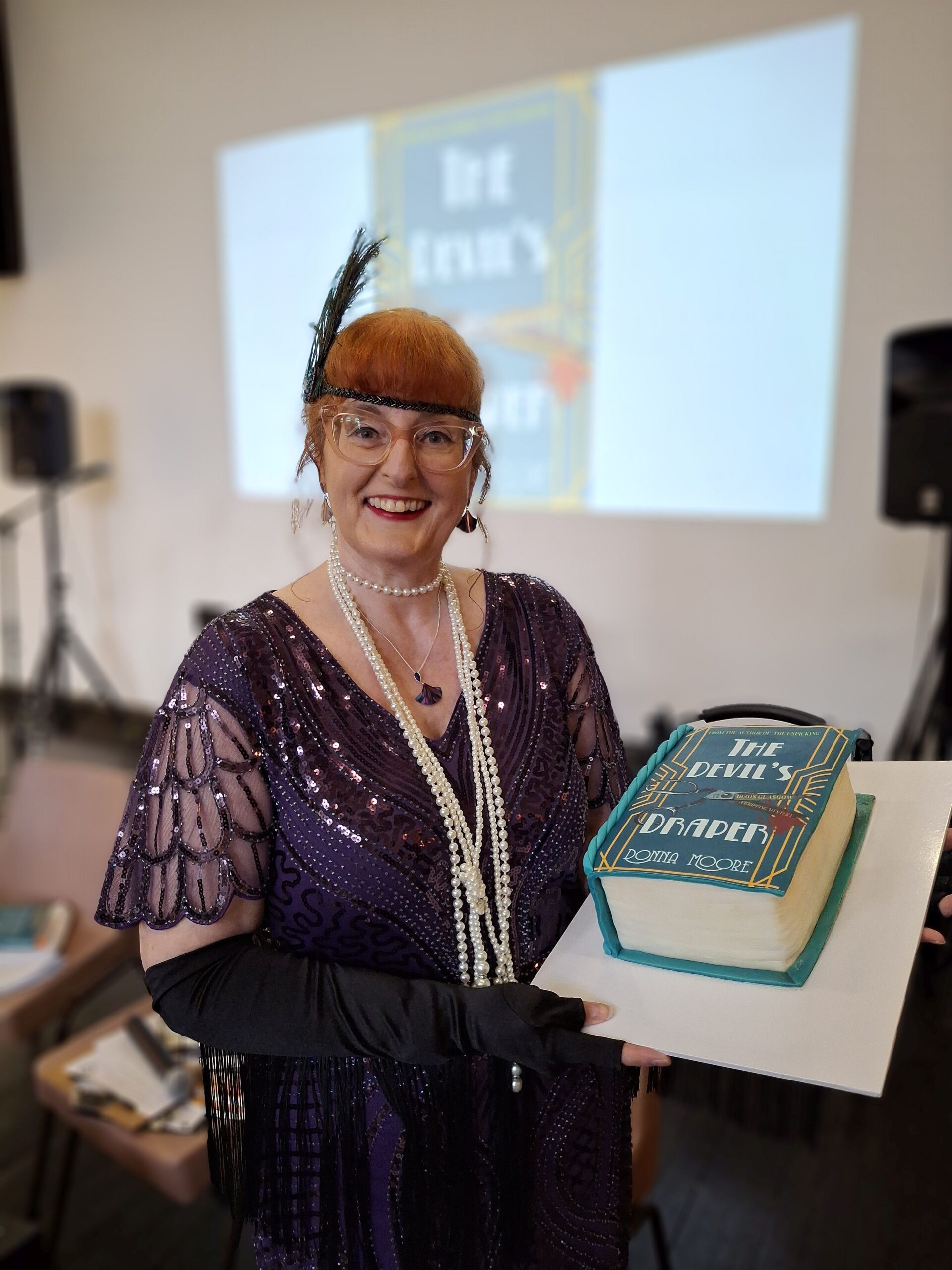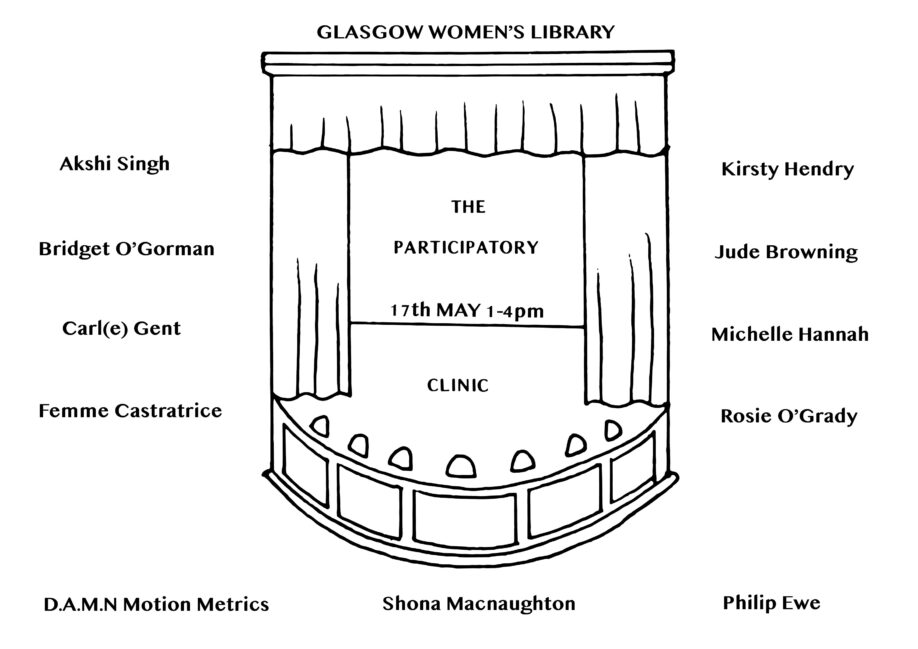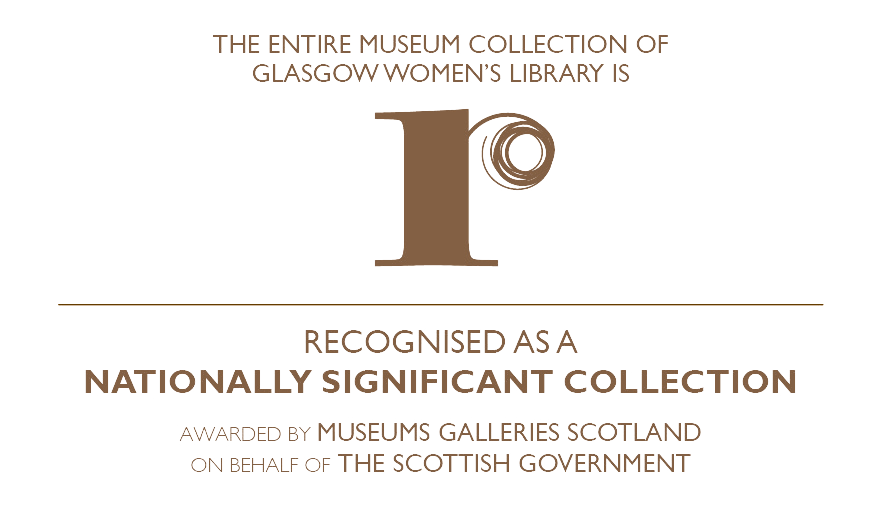The film Shifting Sands is a powerful drama which describes some of the ways in which a woman becomes entangled in a web of power and control in her marital relationship. Her family and friends cannot see what is happening until it affects her mental and physical health. Even then the control is so subtle the woman often blames herself and protects her husband.
When she does try to stand up to her husband he calls into question her right to be angry, her responses, her emotions and her mental health.
The film highlights a number of ways in which a perpetrator gains control by slowly stripping away her confidence, her opinions, her value & self-worth, her contribution to society and her ability to believe she could live without him.
For example women are often so isolated their partners can make them believe if they speak out they will lose their children or be arrested for domestic violence or even be admitted to a mental health hospital. Sadly for some women this is their reality. Even then the control is so subtle the woman often blames herself and protects her husband.
Coercive control is very difficult to recognise both for the woman and her family, often because the woman’s confidence is so eroded she believes she cannot live without the perpetrator and she protects him because she loves him.
However there is hope. Organisations like The Daisy Project provide an advocacy and support service with qualified staff for women affected by this type of abuse. Glasgow Women’s library provides a safe and supportive space for women to grow in confidence, build a network of friends and gain information about services that can offer them necessary support.
If a woman is still in a controlling relationship she can also seek help from the Police, with support from agencies such as The Daisy project, to enable her to escape from an abusive relationship.
Overall, the film offers a valuable insight and a training tool for those wishing to understand the nature and form of this often hidden abuse.
I personally found being involved in the initial Shifting Sands theatre play last year very enlightening – especially understanding what was considered abuse. Then being asked to act in the film as a colleague was a personal challenge. I was delighted to be also called upon by Syma to help develop the film script and felt my training from Skilllset & the BBC many years ago (as part of a millennium award in how to make a short film) was invaluable and lots of use for supporting Syma. I would love to work with her again as it has been a great confidence building experience.
[by Jo Beth Gray]












